Israel used American weapons in ‘deliberate’ strike on journalists in Lebanon: Report
An Israeli airstrike using American weapons that killed three journalists in southern Lebanon in October is likely to have been deliberate, amounting to a potential war crime, an investigation has shown.
The Guardian reported on Monday that experts in international humanitarian law have encouraged further investigation.
“All the indications show that this would have been a deliberate targeting of journalists: a war crime,” said Nadim Houry, a human rights lawyer and executive director of the Arab Reform Initiative.
“This was clearly delineated as a place where journalists were staying.”
During the early hours of October 25, an Israeli warplane dropped two bombs on a chalet hosting journalists.
The victims included cameraman Ghassan Najjar and technician Mohammad Reda from Lebanon-based al-Mayadeen network as well as cameraman Wissam Qassem from the al-Manar channel. They were killed in their sleep.
There was no fighting in the area before or at the time of the strike.
The Guardian found no evidence of the presence of Hezbollah military infrastructure at the site.
After the strike, the Israeli military claimed it had struck a “Hezbollah military structure.”
A few hours later, the regime said the incident was “under review” following reports that journalists were hit.
A day after Israel began its ground aggression inside Lebanon, a group of about 18 journalists arrived at a guest house resort in the southern village resort of Hasbaya.
The journalists drove cars marked with “Press” and wore flak jackets and helmets emblazoned with press symbols.
They said the presence of Israeli reconnaissance drones was “constant” over both the live location and the guest house during their 23-day stay.
“On the night of the attack, we were sitting in front of the chalets and the drone was flying super low on top of us,” said Fatima Ftouni, a journalist at al-Mayadeen who was staying a few chalets down from her colleagues when they were struck.
The resort is owned by Lebanese-American Anoir Ghaida, who said he searched the chalet and car of the targeted journalists after the strike “like you would search for a needle in a haystack” but found “nothing suspicious” about the journalists.
Based on interviews with survivors and available evidence, Israel used “an air-dropped bomb equipped with a United States-produced” Joint Direct Attack Munition (JDAM) guidance kit.
The JDAM is piece of equipment that turns unguided bombs into precision-guided munitions.
Sana Najjar, Ghassan Najjar’s wife, said in an interview with the Guardian that Ghassan left behind a three-and-a-half-year-old son.
“Ghassan was not a member of Hezbollah, he was a member of the press. He never had a gun, not even for hunting. His weapon was his camera.”
Regardless of their political affiliation, killing journalists is illegal under international humanitarian law unless they are actively participating in military activities.
Janina Dill, co-director of the Oxford Institute for Ethics, Law and Armed Conflict, said, “It is a dangerous trend already witnessed in Gaza that journalists are linked to military operations in virtue of their assumed affiliation or political leanings, then seemingly become targets of attack. This is not compatible with international law.”
Iran seeks South Korea’s assistance for AI, fiber-optic projects
VIDEO | Iran's 'Eqtedar' (Power) maneuver
Israel hits HTS military target in Syria for 1st time since fall of Assad
VIDEO | Press TV's news headlines
Israel has slaughtered 13,000 students in Gaza, West Bank
VIDEO | More Zionist than Zionists: Biden’s legacy to be defined by Gaza genocide
Hamas confirms handing approval of Gaza ceasefire deal to mediators
VIDEO | Iran: Show of strength


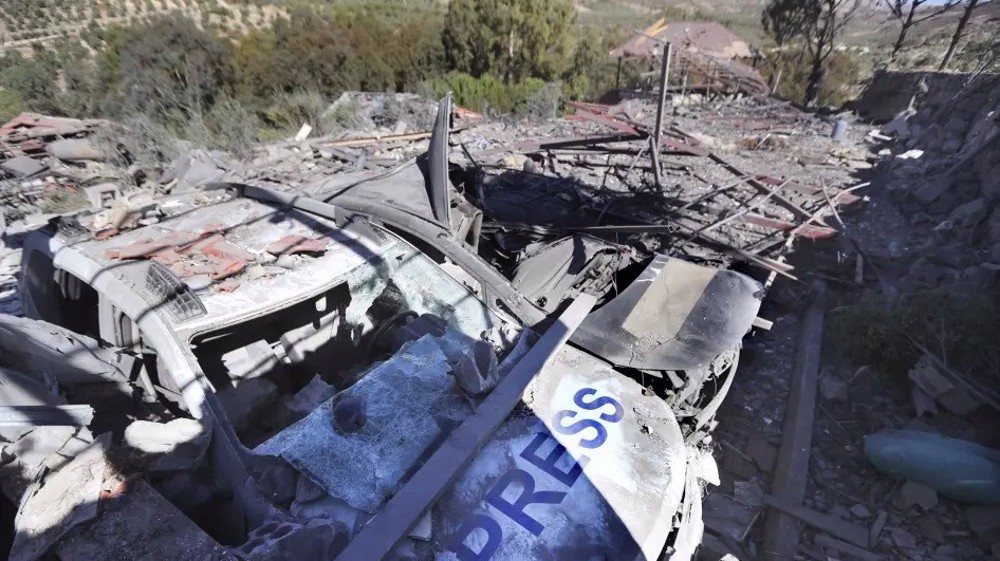
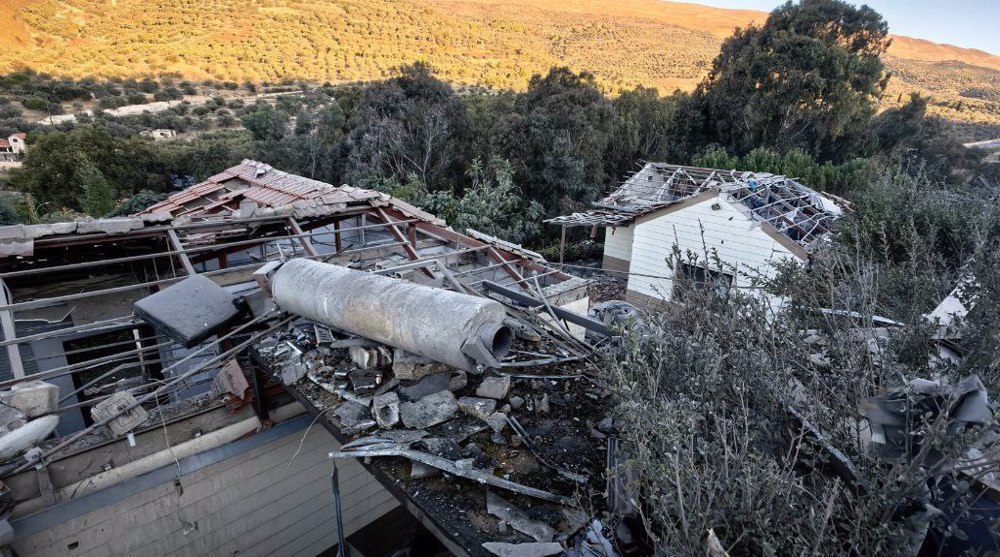

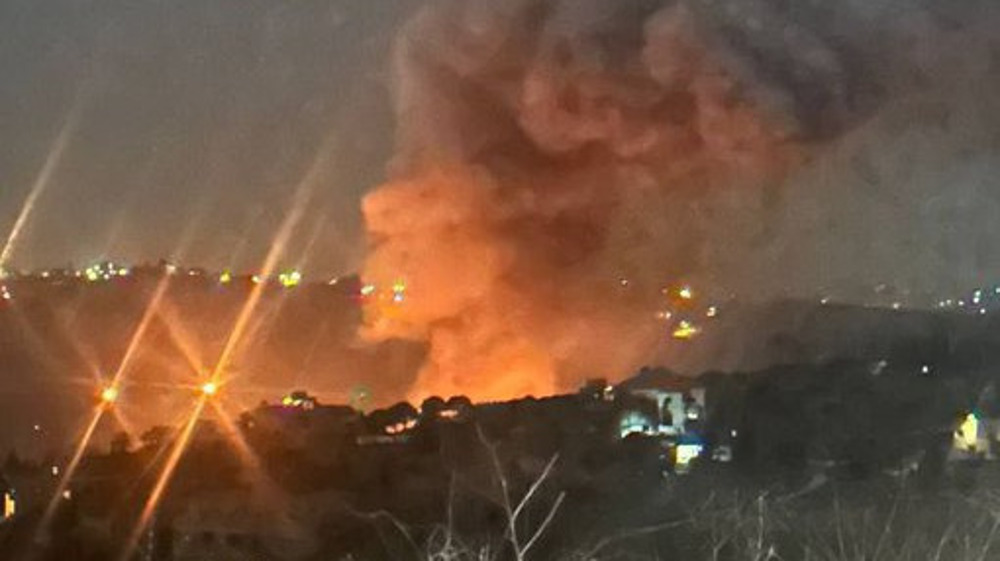
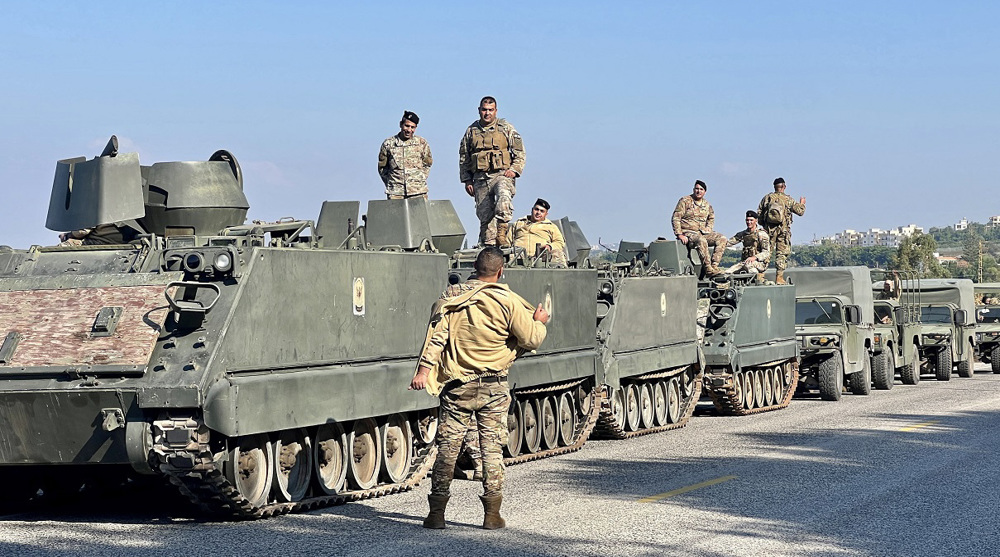



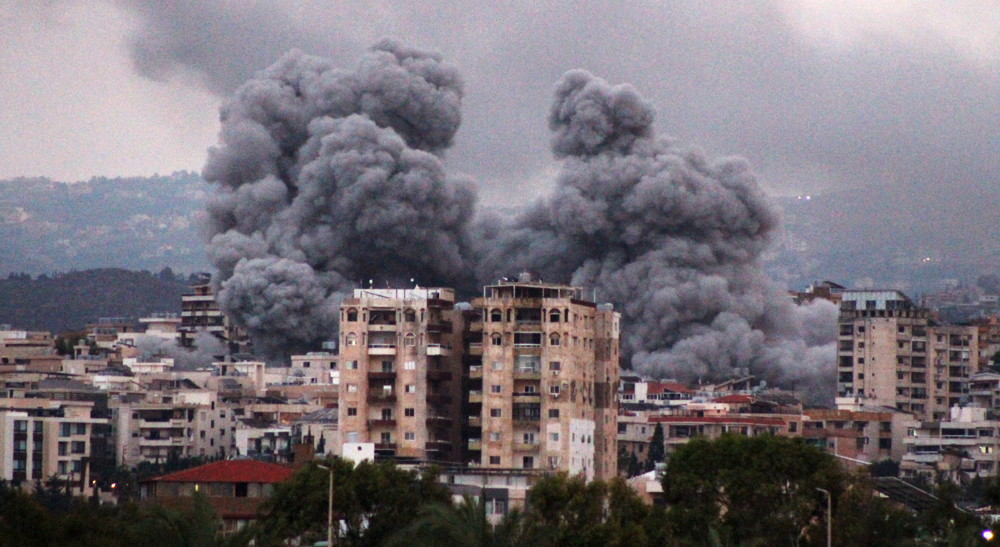
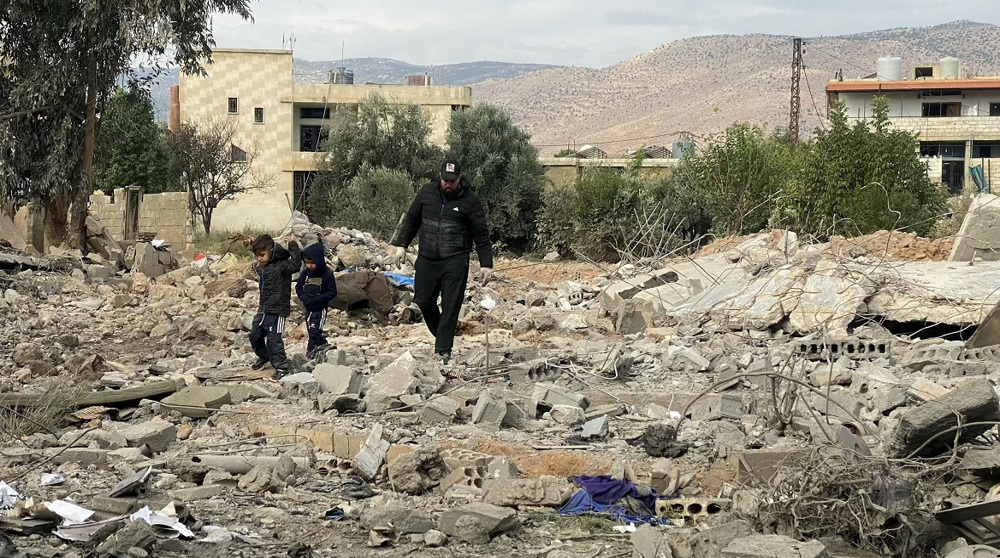


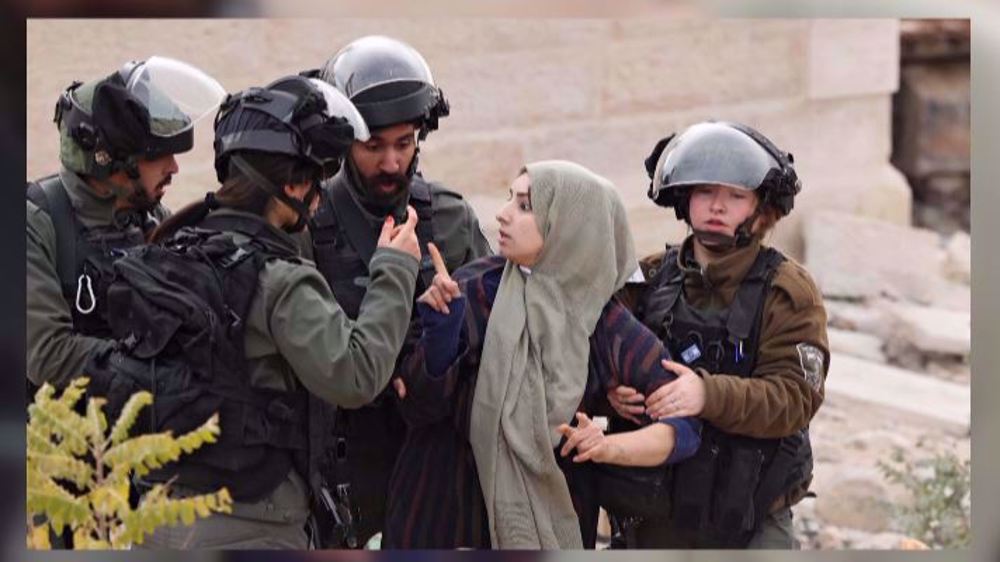
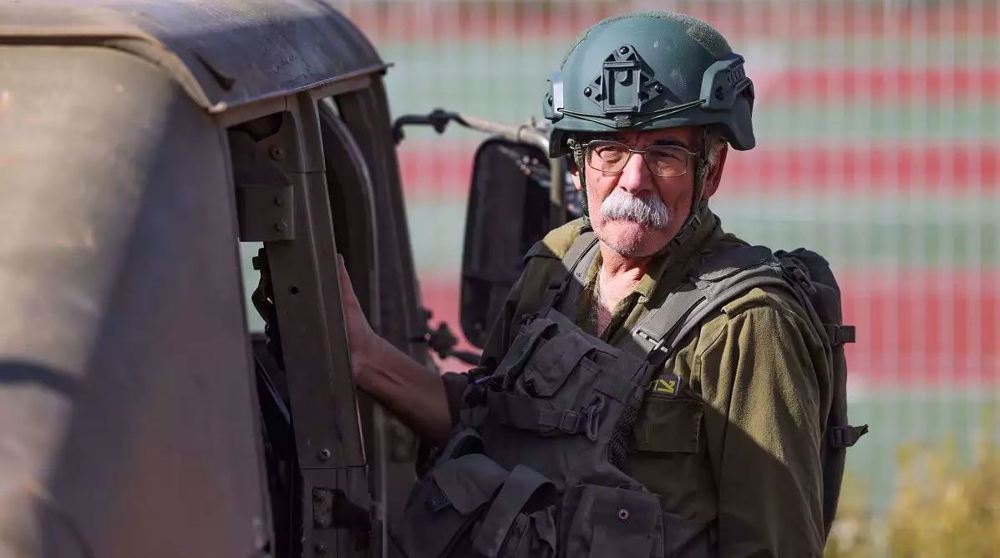
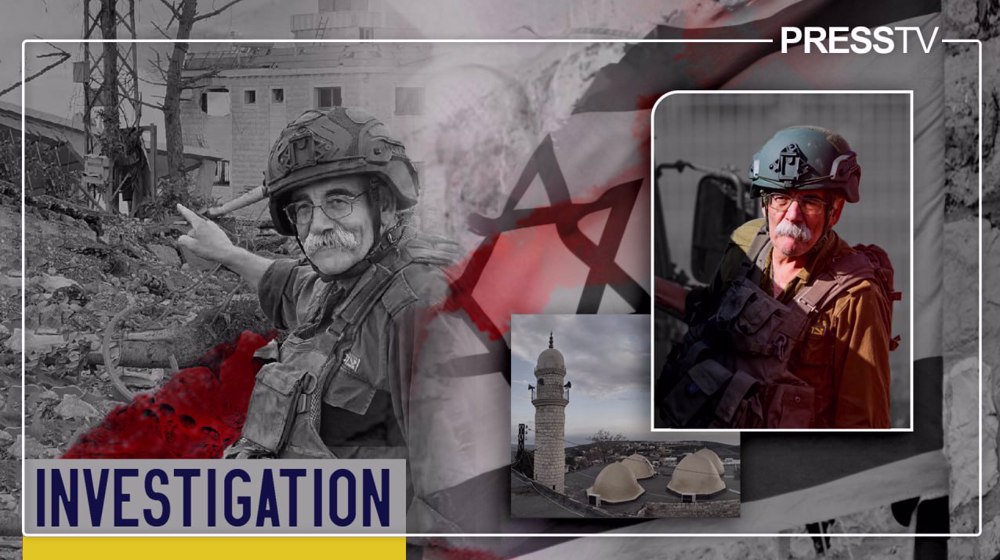
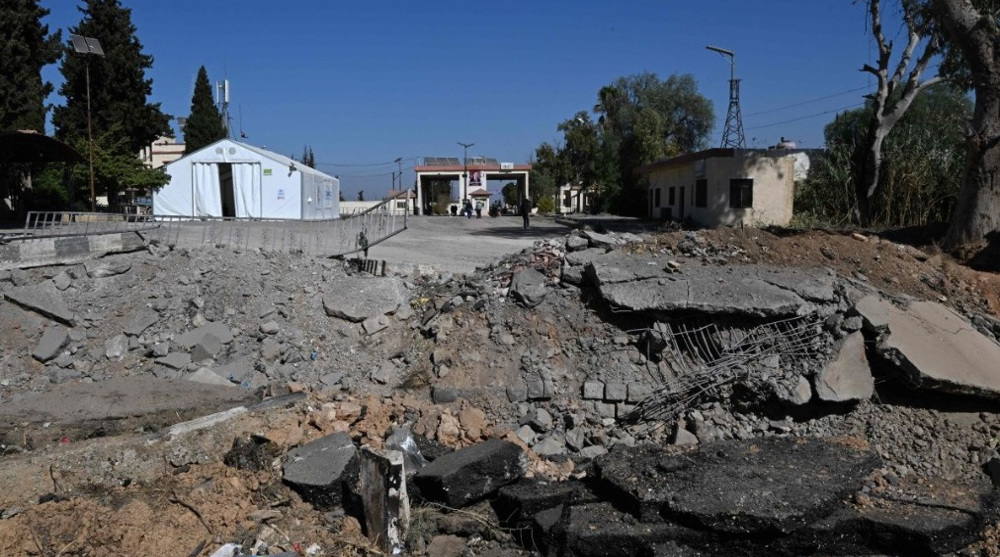
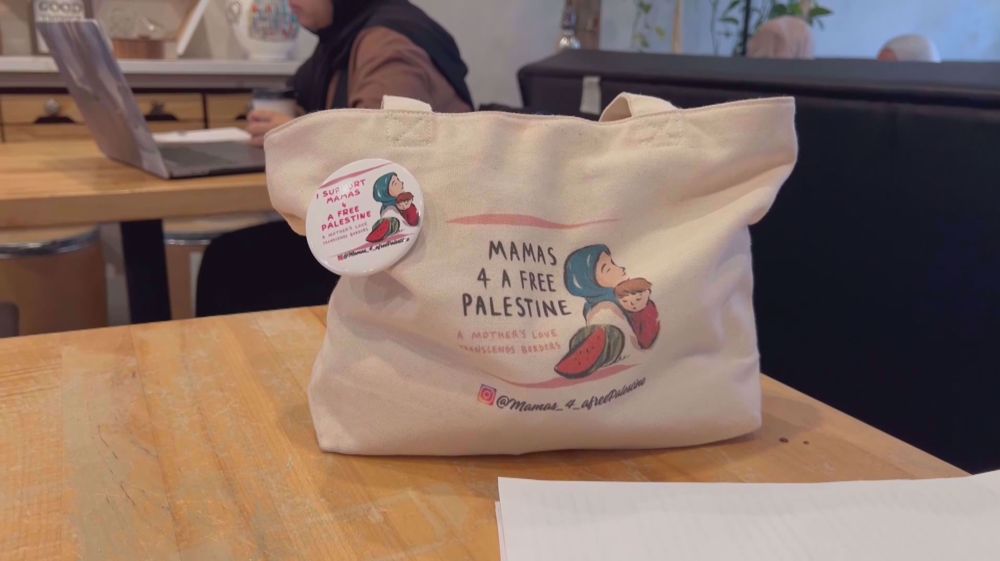

 This makes it easy to access the Press TV website
This makes it easy to access the Press TV website